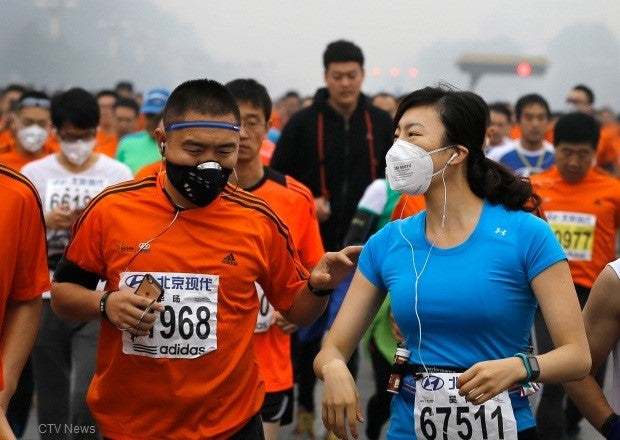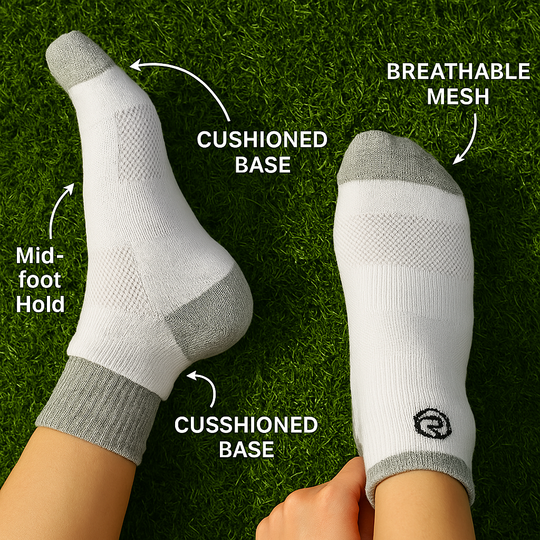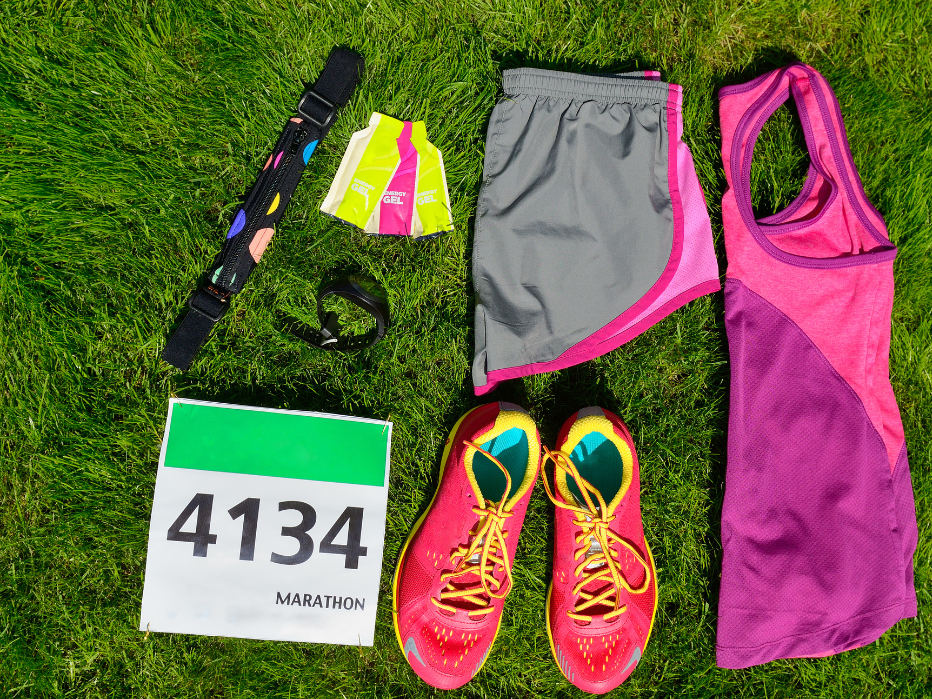How Does Polluted Air Affect Runners & Tips to Avoid it
Date
Duration
3 min read

We are all pretty much aware that air pollution is bad for one’s lungs. If you live in a city, you probably have many concerns regarding how the quality of the air affects health. If you are a runner, you may be even more concerned. While running is one of the keys to a healthy lifestyle, air pollution and running can be an unhealthy combination. This is especially true if you have asthma, diabetes, or heart or lung conditions. Young children, older people, and people who work, run or exercise outdoors can be especially susceptible to the effects of outdoor air pollution.

In 2014 Beijing Marathon took place despite hazardous pollution levels, causing some runners to drop out and others to question whether it was worth it. Competitors at the 2014 Beijing Marathon wore masks to protect themselves from hazardous pollution levels.
Not just Beijing Marathon there have been studies on athletic performance and air pollution dating as far back as the sixties. When 1984 Olympics were held in smog-infested Los Angeles, research took a renewed vigor.
Even when you're not running, simply exposure to air pollution can cause health problems. And with the combination of air pollution and running, the potential health problems are increased.
One main reason for this increased risk may be that during aerobic activity, you usually inhale more air and breathe it more deeply into your lungs. Air Pollution can have adverse effects on your running, like:
- Several studies have concluded that many pollutants in the air decrease runners’ performance. That means you may not be able to run optimally when inhaling polluted air. You could be doing more damage than good.
- Reductants can enter the airways and create a buildup that reduces the passage of air into the lungs. This can cause asthma in runners.
- Being exposed to toxic air for prolonged periods can lead to pulmonary disease and even lung cancer.
- It’s not just excess sugar that can affect your heart; air pollution can cause a number of cardiovascular issues as well, according to the American Heart Association.
- Inhaling polluted air can lead to lead poisoning as the metals can accumulate inside the body over a period of time. Arsenic and mercury can increase a person’s risk for cancer, nerve damage, and if you are a woman, giving birth to a baby with congenital defects.
You should not stop running just because of bad air. Exercise is crucial to staying healthy. What matters is avoiding polluted air. And search for oxygen rich environment.
Unfortunately, when it comes to reducing the effects of air pollution, there is not a whole lot that can be done. Roy Shephard (at Toronto Western Hospital) recommends the following:
- Taking vitamin E and vitamin C supplements to lessen the oxidizing effect of some of the chemicals in smog, but admits there is less evidence for their usefulness.
- Aside from that, the best you can do is avoid the times of day with the worst air quality—rush hour in the morning and evening, limit your time outside on days with particularly bad smog.
- Especially if you have asthma, it might make sense to move a longer or faster workout to a day without as much air pollution, or do it inside on a treadmill.
- You can check the air quality index and the forecasts.
- If you do decide to go ahead with a workout or race when air quality is poor, be aware that your oxygen intake will be impaired.
So keep in mind these points on your next run & don't let even polluted air come in between you & your run.






